The day-to-day working life of a vet can be tough for a multitude of reasons, but sometimes it’s the simple things that make it all worthwhile – for example, something as simple as a microchip.
While dog microchipping is now compulsory, cat owners retain the freedom to decide whether they wish to chip their beloved felines.
Accident(al) reunification
Recently, a concerned member of the public brought a cat into my practice that had, unfortunately, been hit by a car. Once establishing the injuries weren’t life-threatening, on scanning the chip and searching the pet ID database, we were able to get in contact with the owner.
It transpired the cat had been missing for three years and travelled an impressive distance before coming under our care. After some emotional telephone calls, owner and cat were reunited.
But this isn’t an isolated case.
Déjà vu
Just a month previously, I was visiting another practice when a cat was bought in by a lady who’d taken it in as a stray and looked after it temporarily.
When the cat’s microchip was identified, she was more than happy to try to find its previous owner. However, the chip was registered to someone who’d given the cat to a friend. Despite, this, the person who’d last owned it was eventually tracked down.
Having been missing since 2010 – and, therefore, assumed dead and reported to the pet database – as such, they were shocked and delighted to discover the cat had resurfaced after so many years of getting up to God knows what.
Chip importance
In my short time in practice so far, I have personally witnessed these two long lost cat scenarios – on separate occasions, two felines were reunited with their respective families several years after having gone missing. The cats, having been found by members of the public, had been scanned and identified thanks to their microchips. The joy and gratitude these owners had was so heartwarming to witness.
As a cat owner who has personally experienced the trauma of having cats go missing, there is no question whatsoever of whether to chip.
Luckily, in the second case, the owner was still found, despite the details registered to the chip having not been updated. This just highlights the importance of not only chipping, but also ensuring the details registered are accurate.
However, it is surprising how many owners still don’t bother. If these anecdotes don’t persuade potential cat owners to chip their pets, I don’t know what will.
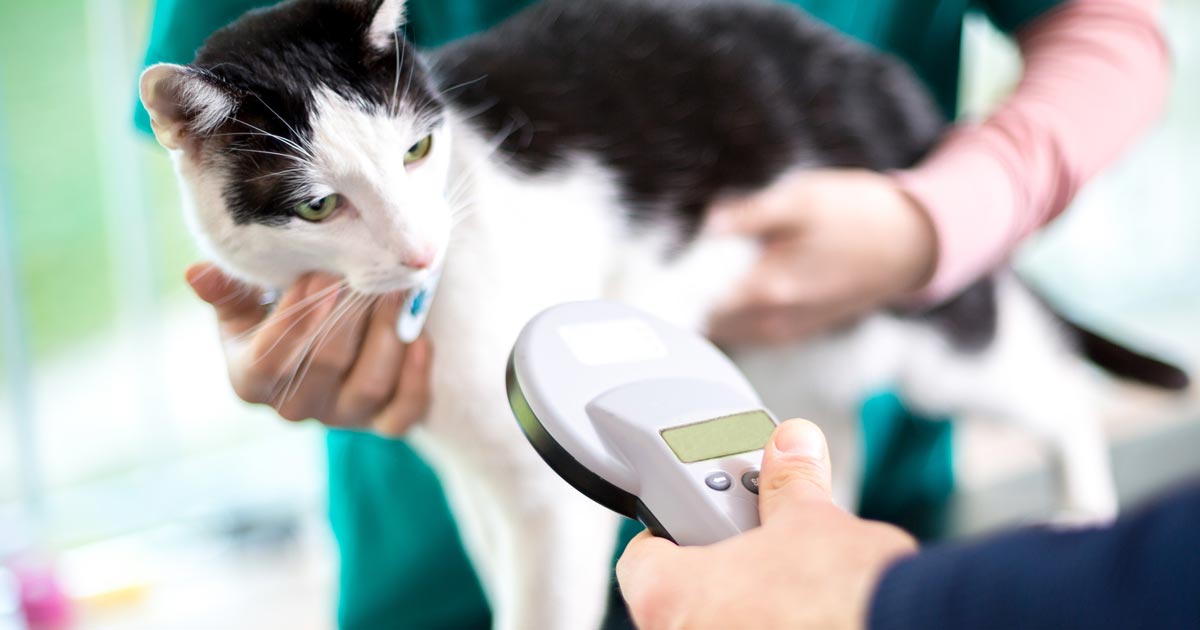







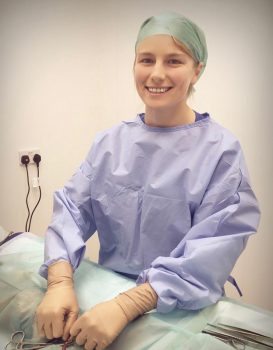








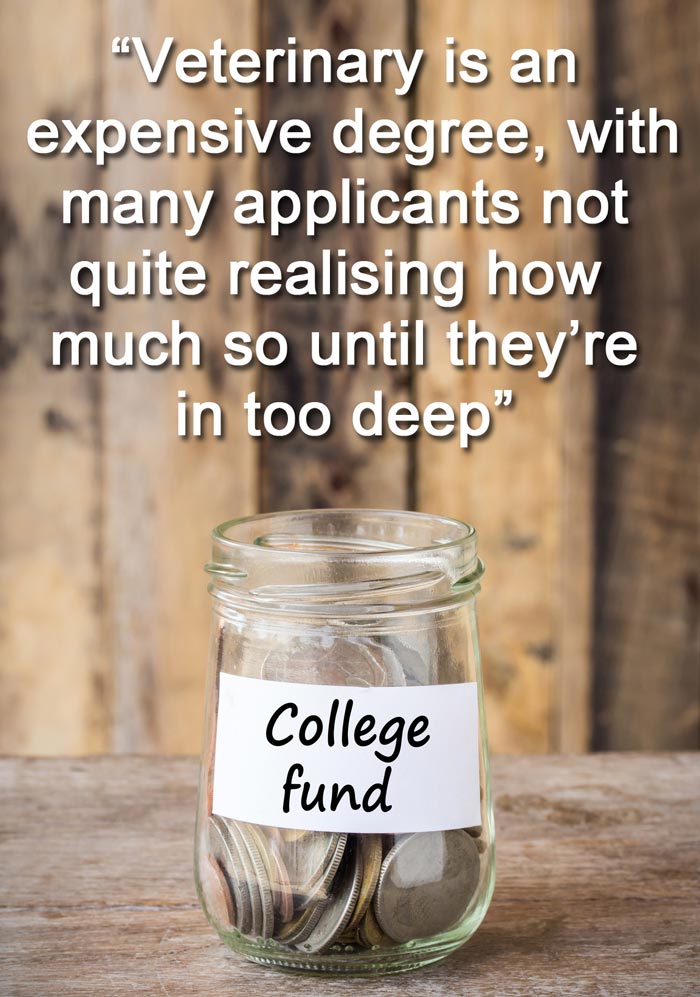

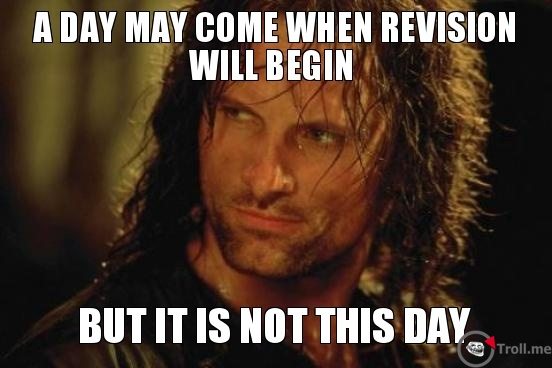
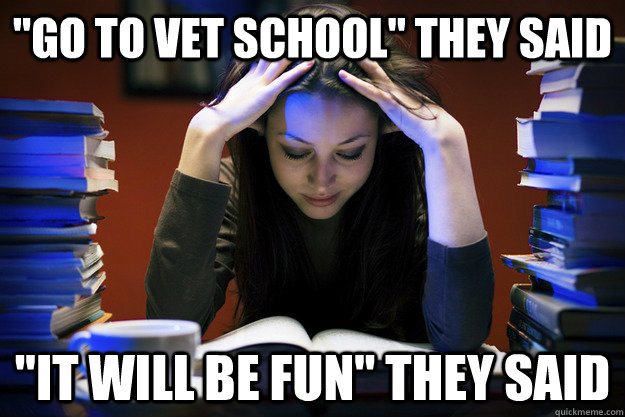

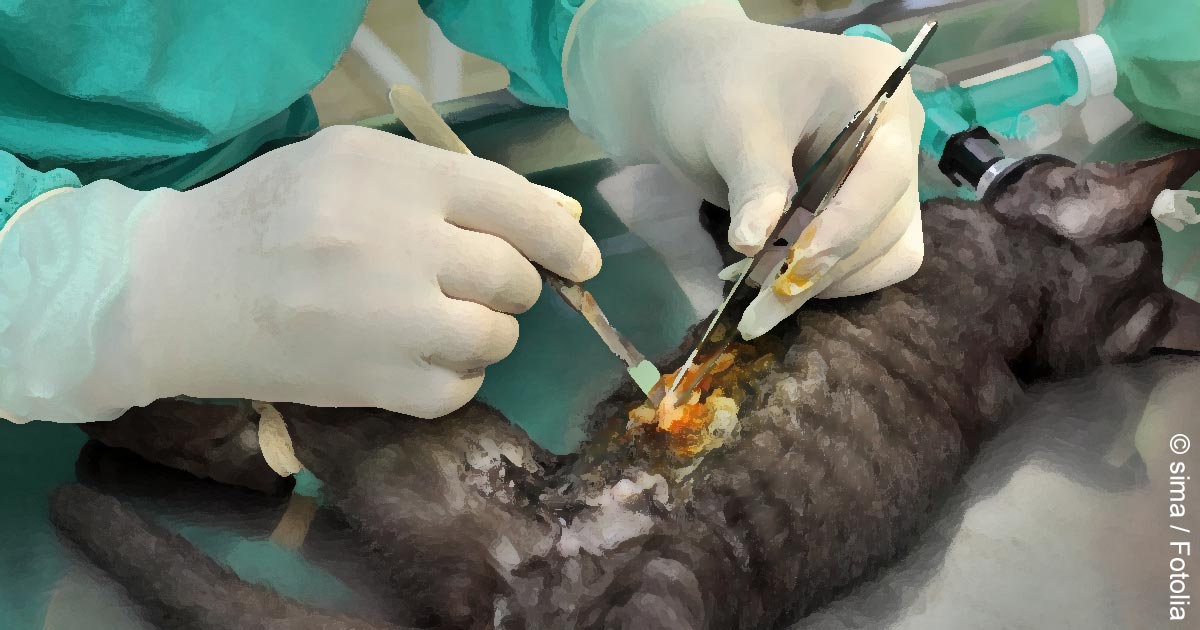
 Supposedly, we’re ready to take on the outside world as real vets. We’ve got heads full of knowledge and hands that have meticulously repeated sutures, catheterisations, and injections to maintain muscle memory. But what we haven’t got is experience.
Supposedly, we’re ready to take on the outside world as real vets. We’ve got heads full of knowledge and hands that have meticulously repeated sutures, catheterisations, and injections to maintain muscle memory. But what we haven’t got is experience.